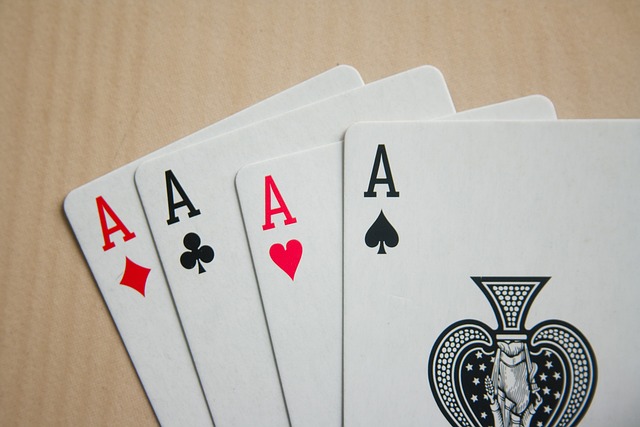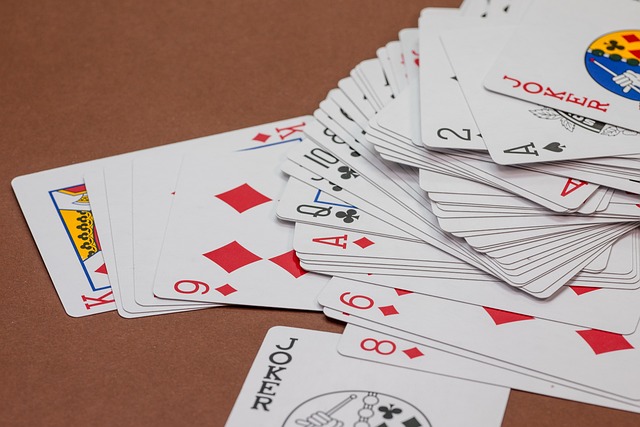Play against a player with a lower or the same rating as yourself. Backgammon is more about talent than luck, so when playing for money it’s important not to play against someone who is too skilled.
Avoid making blots as much as possible – especially close to your own home country.
Try to block many spikes next to each other so that the opponent cannot get past. If you manage to block six spikes next to each other, it is impossible for the opponent to get past.
Sometimes it can be a good idea to do just one round if it gives you a good chance of “closing a hole” in a row of blocked tips. However, make sure to close the blot quickly again.
Hit the opponent’s blots – but not at any cost. At the same time as you hit the opponent’s spot, you will often create your own spot, which your opponent can hit in the next round. You must therefore consider the overall picture before sending the opponent into the net.
Play aggressively if you are behind – and carefully if you are ahead. (Look at your and opponent’s pip count)
Be careful not to forget your two pieces in the opponent’s home country. If the opponent manages to lock them in, you will have a hard time winning the game, but if you are behind (have a higher pip count) you should not remove the pieces from the opponent’s home country, as your best chance to win is to knock the opponent home late in the game.
If you are a beginner, it is a good idea to start by playing for free or for little money, and then increase the amounts. If you want to stretch your money further, you can choose to play series for small money.
Backgammon double dice

You can choose to play with or without double dice, which adds an extra dimension to the game. If you are a beginner, you should refrain from this.
The double die doubles the bet each time it is activated. At the start, both players can activate the double die, but then the court takes turns. You can therefore only double once in a row. If the other player accepts, the double bet is now played. If the other player declines, the game is over and the challenger has won the bet that was agreed upon before the doubling.
Before each move, you should assess whether your situation is so favorable that you want to use the double die. If you do it too soon, the situation can turn around so that you lose the game – and thus the double bet. If you do it too late – that is, when the game will obviously fall out in your favor – the opponent will refuse the doubling and you will miss out on the higher winnings. If the situation is very favorable for you, you should also not use the double die, as you will miss out on winning a gammon or backgammon.
If it is the opponent who activates the double die, you must consider carefully whether you want to accept. Many beginners accept far too many doublings. If the opponent has blocked 5-6 spikes next to each other that you have to pass, e.g. be a good idea to decline a double even if you are ahead on the pip count.
